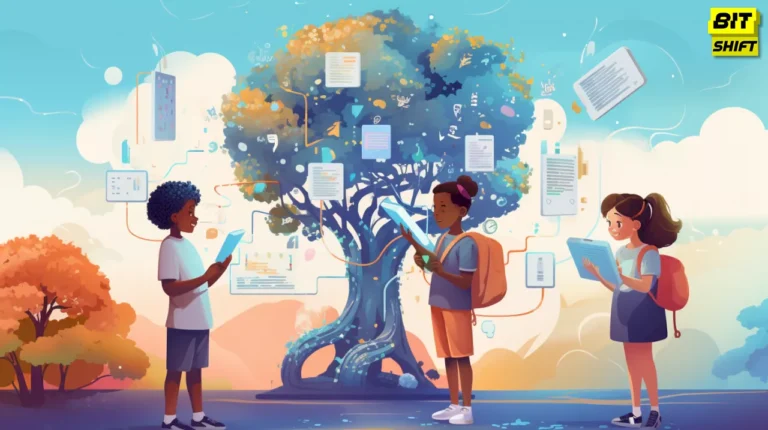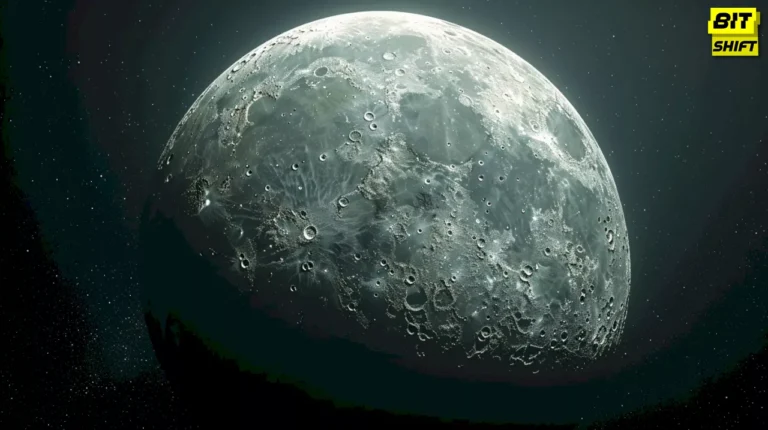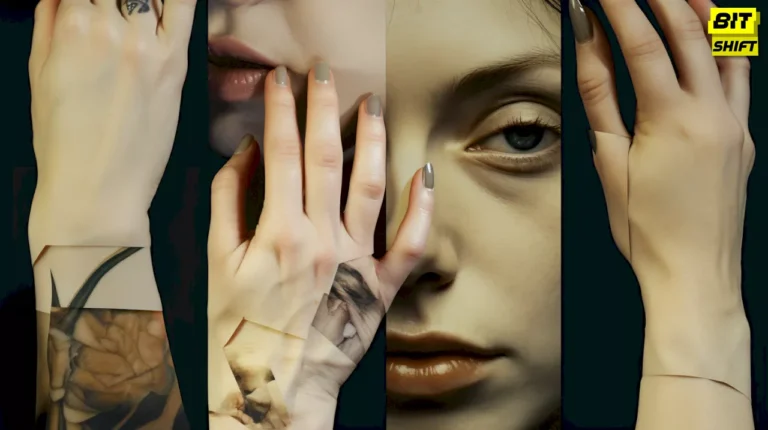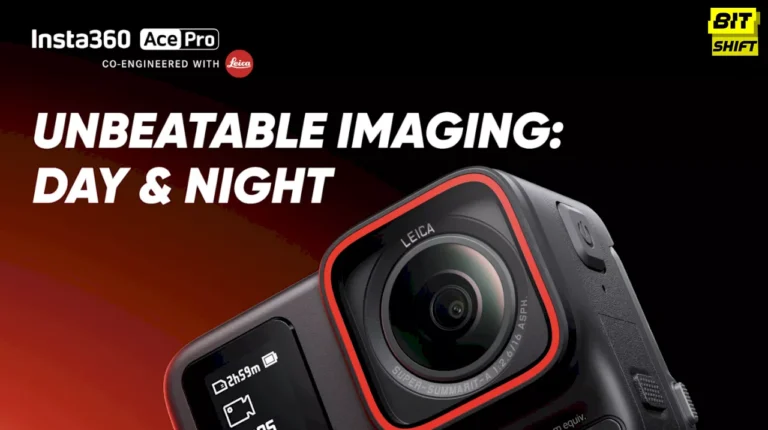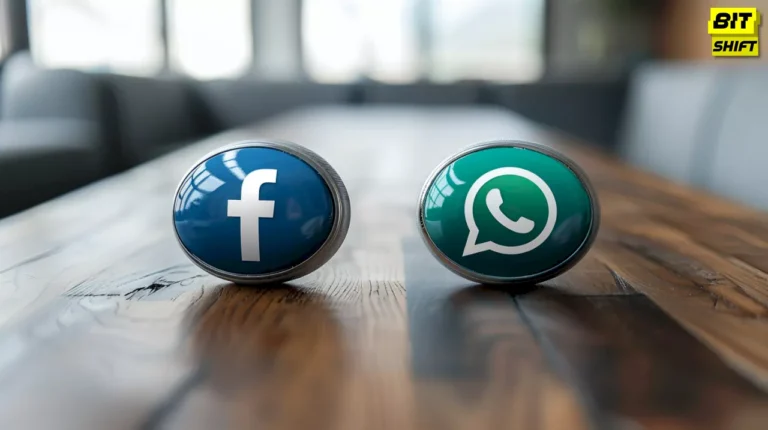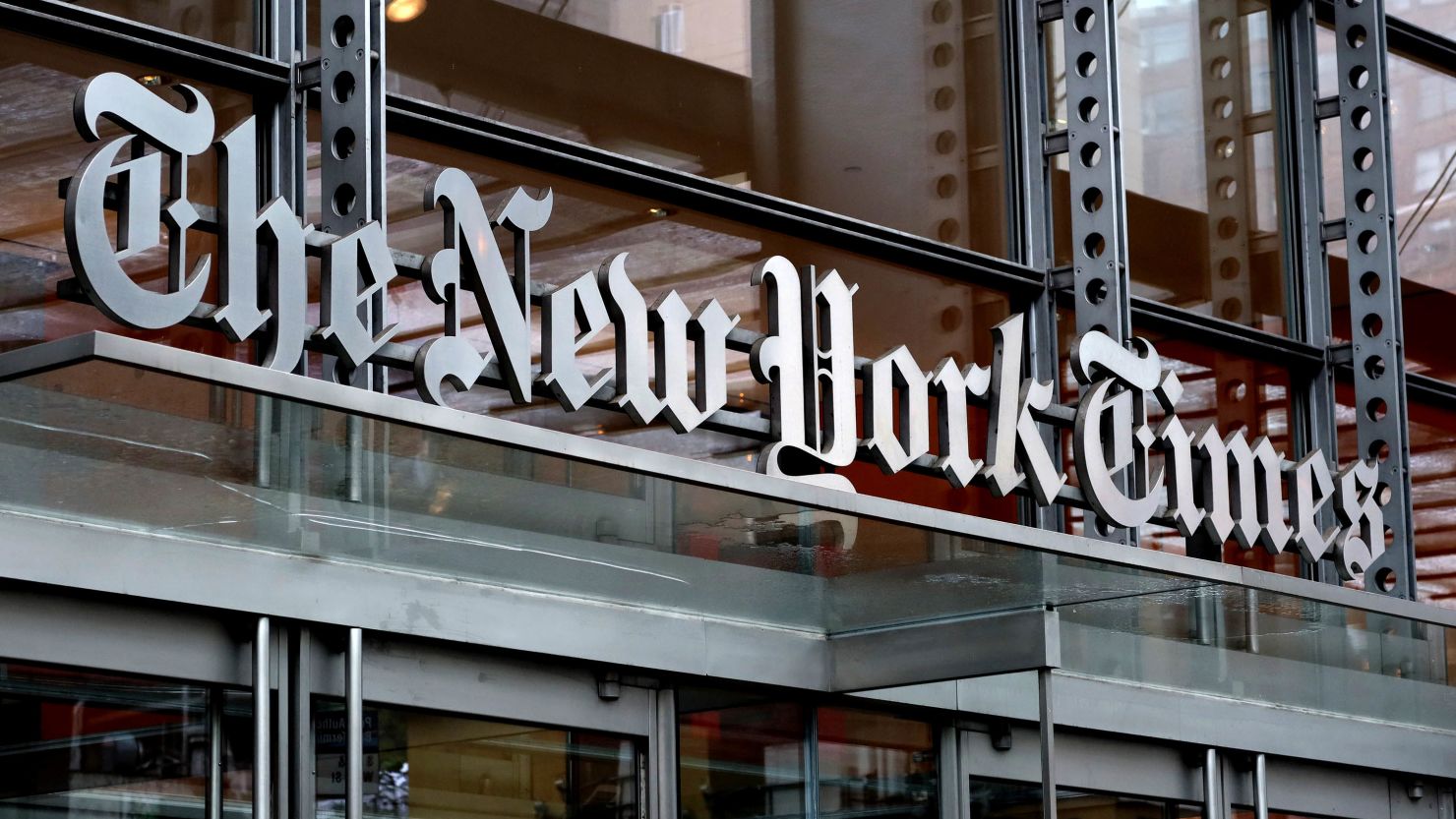
The New York Times sued OpenAI and Microsoft on Wednesday for using millions of the newspaper’s articles to train their chatbots. The lawsuit, filed in Manhattan Federal Court, has accused Microsoft and OpenAI of building generative AI tools by “copying millions of Times’ copyrighted articles.” This is the first clash between AI developers and a major media organisation. The suit has also demanded accountability for “billions of dollars in statutory and actual damages” and requests the elimination of any AI tool using the New York Times’ copyrighted material.
The Times said in an emailed statement that journalistic material should be used for commercialization with permission from its owners. They said that after it was discovered that OpenAI and Microsoft Gen AI tools were trained using their content, the news publisher attempted to negotiate with these companies to allow the use of their content for AI tools and receive a fair value for their content in return. However, as per the NYT, Microsoft and OpenAI claimed that it was a “fair use” and did not negotiate with them.
Also Read – Elden Ring: Rare Interaction with Melina After Spending 730 Hours in Gameplay
A representative from OpenAI has responded, saying they respect the rights of content creators, but they are disappointed with this lawsuit filing, and they will come to a mutual decision together with the NYT. However, Microsoft representatives chose not to comment on the situation. Notably, many authors like George R. R. Martin have also sued OpenAI for using their content without their permission to train chatbots. The authors had claimed that ChatGPT was developed by “mass theft” and is an infringement of their intellectual property.
ChatGPT, launched in November 2022, has gained a lot of attention since then. It had a growth rate of 9900 percent in January 2023 and had approximately 173 million users by April 2023. The US has the highest number of chat GPT users with 14.81 percent, while India stands second with a share of 8.18 percent.

